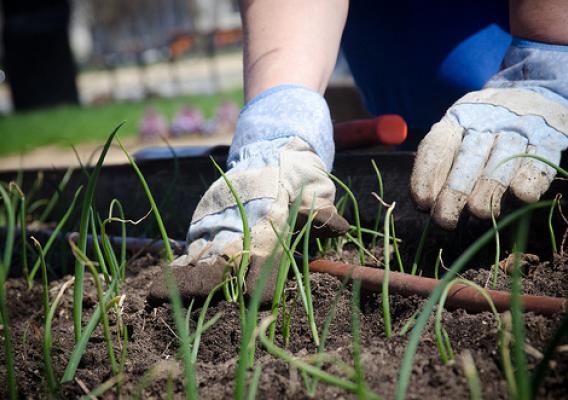Cross posted from the White House blog:
Last week, I met with 20 business leaders from all over Colorado at a White House Business Council roundtable in Denver. It was an opportunity for me and my Colorado staff to get feedback on government programs, policies, and innovative ideas that are working to help create jobs – as well as ones that could be improved. Other Cabinet officials and top White House staffers have hosted more than 100 of these sorts roundtables of around the country. And over the coming weeks we will be holding these conversations in rural areas.
In Denver, I heard from business leaders who discussed the value of President Obama’s tax policies for businesses of all sizes, and appreciated the administrations is work to better partner with the business community. We had a productive dialogue about how the pending trade agreements with South Korea, Columbia and Panama will benefit local agricultural producers, with the potential to create hundreds of jobs in Greeley, Colorado and other towns. And we discussed how resorts might form partnerships on recreation to make better use of forests and other natural environments to help create jobs in communities throughout the Rocky Mountains.









